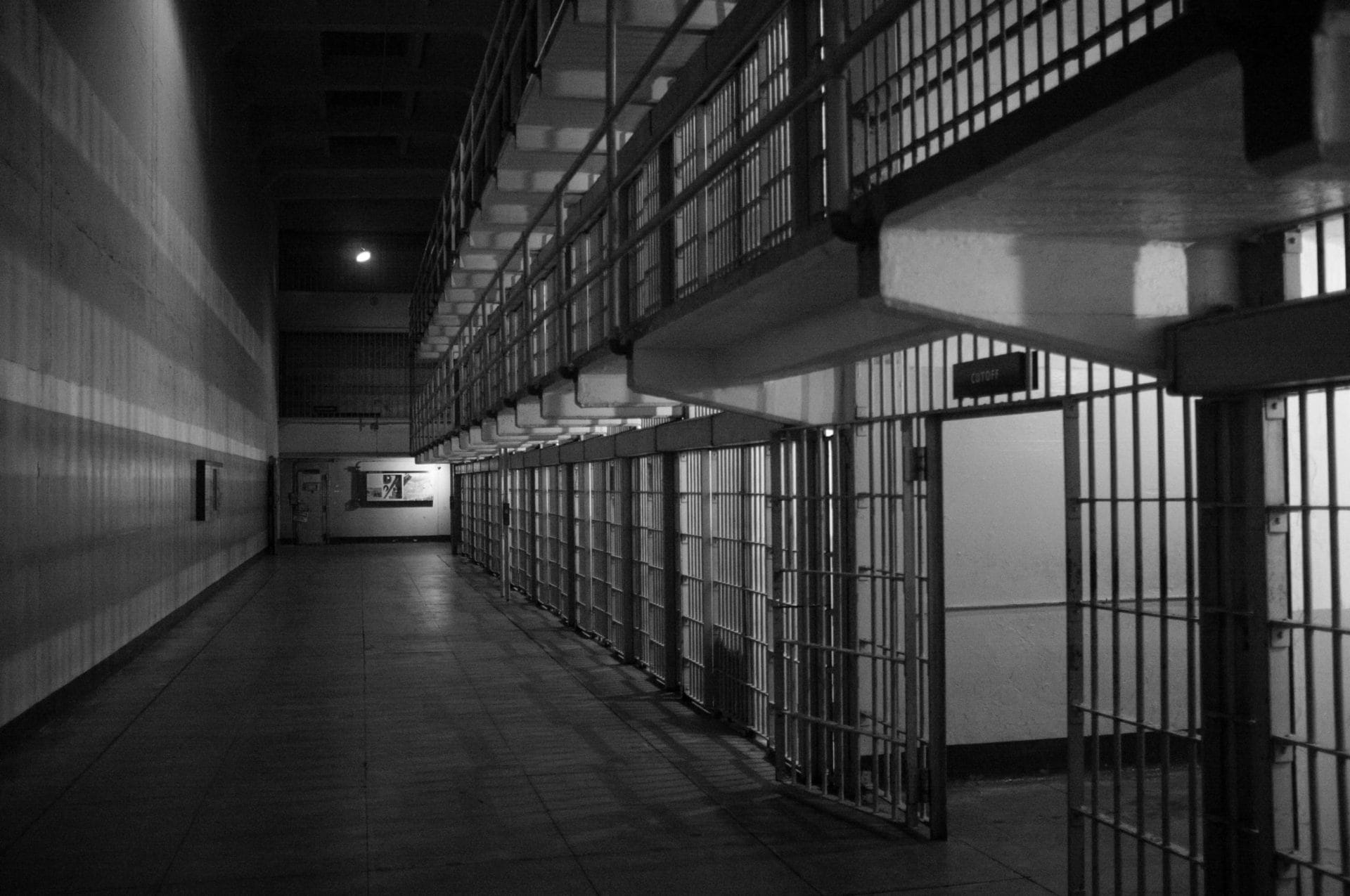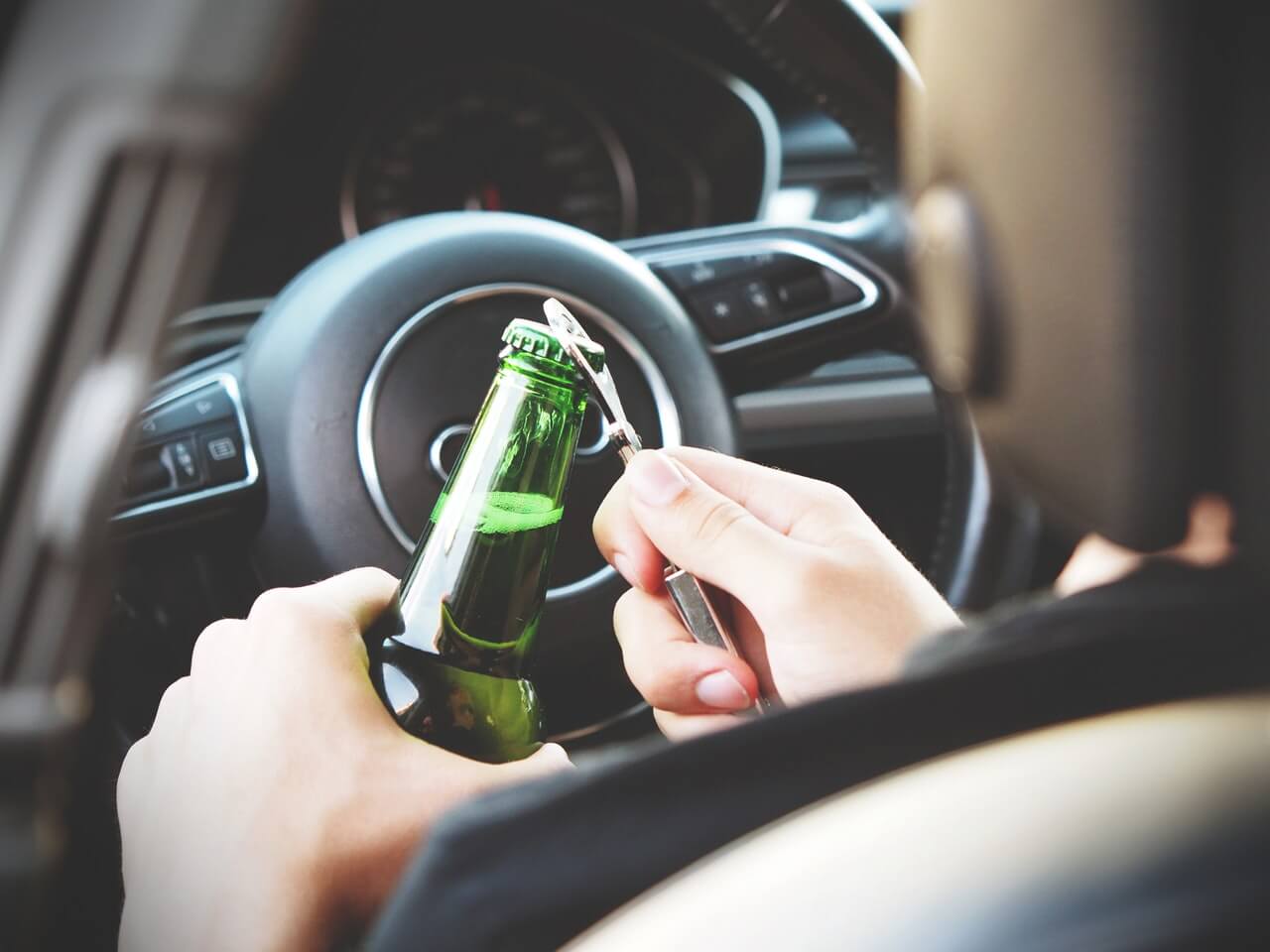Our law firm is in the business of providing information to clients. Information is power. Knowing the consequences that can stem from a DWI charge allows for preparation and planning. Living in fear of the consequences of a charge is not helpful.
Moreover, before reading over these consequences, remember that this charge is not going to ruin your life. Understand the consequences so you can plan how to move forward with your life.
DWI Consequences: Jail
As explained in our FAQ on jail time, jail can be a consequence of DWI.
DWI Consequences: Courtroom
Beyond jail time there can be numerous requirements that a judge can require as part of a DWI conviction:
Probation
A judge can require a period of probation. Probation can bet either supervised (where a probation officer is involved) or unsupervised (where there is no probation officer involved).
If supervised probation is required, a person convicted of DWI might be required to: have regular meetings with their probation officer, maintain employment, submit to random drug or alcohol screens, and receive no further criminal charges during the period of probation.
Community Service
Alcohol Assessment and Treatment
Continuous Alcohol Monitoring

DWI Consequences: Driving
There are many driving consequences that can arise from a DWI. The length of suspensions related to DWI and the requirements for license reinstatement vary greatly depending on a number of factors, including: prior DWI charges, the blood/breath alcohol concentration (BAC) at the time of the DWI charge, and whether the driver’s license was suspended at the time of the charge.
For first offense DWI cases in North Carolina, a person’s license will be suspended for one year. Most people convicted of their first offense will be able to get a limited driving privilege that will allow them to drive for work, educational, treatment, and religious purposes. The judge may also be able to give driving privileges for household purposes (errand running functions). The time frame of eligibility for this privilege depends on the circumstances of the particular case.
A driving privilege is a paper court order (not a plastic license) and is what allows a person to driving in North Carolina during a period of license suspension. A driving privilege allows for driving for specific purposes during set time frames and a carefully drafted driving privilege is essential for achieving the maximum mobility during a period of license suspension.
DWI Consequences: Employment
Whether or not your job will be impacted by a DWI depends on a myriad of factors. Some employers draw a clear line in the sand when it comes to firing or refusing to hire a person convicted of a DWI (ex. Military, government, jobs that require CDL, jobs that require operating a company vehicle). However, many employers are much more in the gray when it comes to the impact a DWI conviction has when it comes to evaluating potential job applicants.
My advice is that if you are interested in a job, then apply. Don’t screen yourself out of a job because you believe that you are unhirable due to a DWI conviction. You might be surprised how uninterested a potential employer is in your DWI conviction.
Also, many clients ask if they should report a DWI charge or conviction to an employer. I think this depends in a large way on your relationship with your employer/supervisor. If you have a co-worker, manager, or union representative that you feel comfortable sharing this information with to get some guidance that might be advisable. Also, be aware that many larger companies may have requirements for reporting a DWI conviction, so reference your companies employee handbook for reporting requirements if such a handbook is available.
We also frequently get asked if the court or probation officer will report a conviction directly to an employer. In my experience there has generally been no contact of employers by court personnel.
At the end of the day, you know your employer best so use good judgment on if, when, and how to report a DWI to an employer.

DWI Consequences: Education
A DWI can impact your higher education opportunities. However, like most employers, I think most educational institutions are going to view a DWI as one factor among many when evaluating a potential applicant, and not use a bright line model where anyone with a DWI conviction would be rejected. Don’t let a DWI conviction prevent you from applying to college.
For anyone with a scholarship, a DWI conviction can cause the loss of financial aid. Look at the scholarship requirements to determine what if any impact a DWI would have on the ability to keep or reapply for that scholarship.
DWI Consequences: Time
Time is another significant consequence of a DWI charge. A person facing a DWI charge can spend vast amounts of time in court, completing community service, completing alcohol treatment classes, meeting with an attorney, meeting with a probation officer, waiting on others to help with transportation (for those without driving privileges), and anxiously worrying about the many unknowns related to their case.
The best way to minimize the amount of lost time related to your DWI charge is through careful planning and being informed about your case.
DWI Consequences: Money
The financial consequences of a DWI are significant and can include: attorney’s fees, court costs and fines, increases in auto insurance premiums, the cost of obtaining an alcohol assessment and completing any recommended treatment, continuous alcohol monitoring, inpatient treatment, and impact on employment.
Knowing the short term and long term financial impact of a DWI is crucial to making informed decisions about your case.
DWI Consequences: Carrying a Concealed Weapon
If convicted of a DWI a person will lose their ability to obtain a carrying concealed handgun permit for three years.

DWI Consequences: Criminal Record
If you are convicted of a DWI in North Carolina, the conviction remains permanently on both your North Carolina Driving Record and criminal record, under our current laws. If the DWI is dismissed or you are found not guilty, it is possible to remove the DWI from your criminal record if other conditions are satisfied.
Have more questions about DWIs?
You should spend some time reading through our frequently asked DWI questions page. Since our law firm specializes in DWI cases, we’ve heard almost every question before.




























